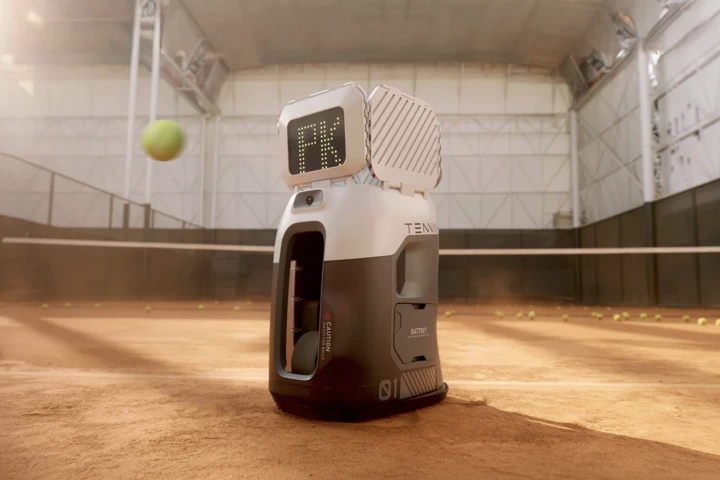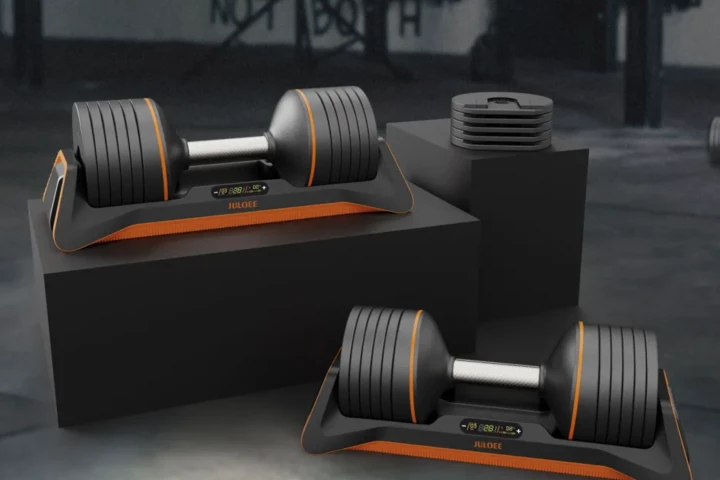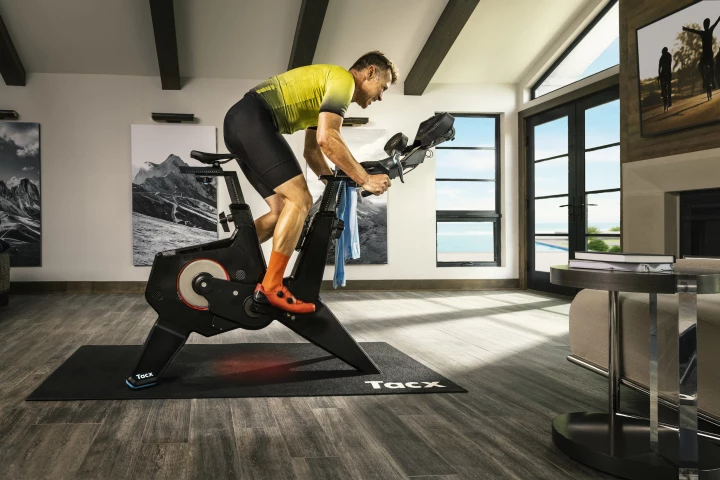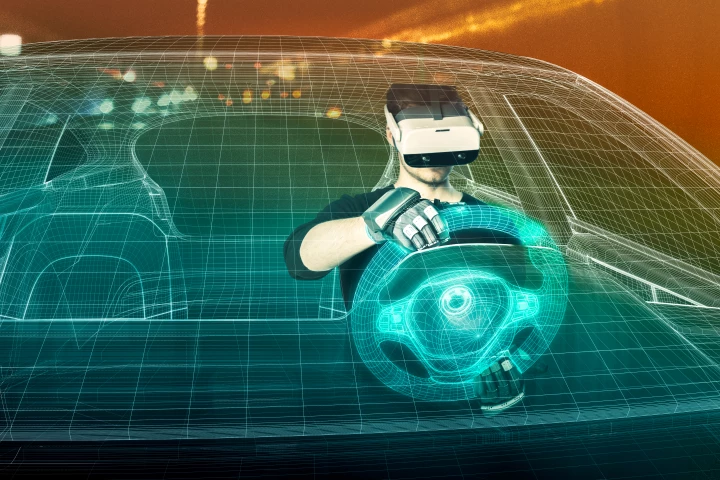Training
-
Sports-conditioning robotics makers T-Apex has launched what could be quite literally a game changer for tennis players of any level, with its AI-powered robot coach that glides around the court and responds to your movement in real time.
-
For almost all sports, training involves some combination of speed, strength, balance, coordination and/or force. That's where the CatchPad comes in, as it's designed to help athletes hone those skills wherever they want, without a human coach.
-
When it comes to things that have a reputation for being hard to learn, flying an airplane certainly ranks among the hardest. The Airhart Sling could soon change that, however, as it's designed to radically automate and simplify the flying process.
-
Weight training can be an intimidating and time-consuming exercise, but studies have shown that even light strength-work can speed up weight loss, stave off muscle loss and improve sleep. Now, one clever system has made it not just simple but enjoyable.
-
Researchers found that applying a gentle electric current to the head during virtual reality training helped budding surgeons to more easily transfer the skills they’d learned to a real-life setting.
-
With winter nipping at the heels of folks in the Northern Hemisphere, cyclists may be thinking about moving their daily rides indoors. Garmin has just announced its most accurate and powerful direct-drive trainer to help keep you in trim.
-
Runners have treadmills for stationary indoor training, while cyclists have rollers and rowers have rowing machines, but … what is there for wheelchair users? Well, it turns out that they can utilize a li'l something called the Wheely-X.
-
Space agencies often put space-suited astronauts in swimming pools, so they can learn to perform tasks in an outer-space-like environment. The UHAB is intended to take things further, by simulating the habitats in which astronauts may someday live.
-
While bunny hopping is a useful skill for mountain bikers to have, practicing it out on the rough, tough, unpredictable trails can be difficult. The Garage Bunny is designed to make things easier, by allowing bikers to learn their hopping at home.
-
Garmin's fitness brand Tacx has rolled out a new version of the NEO Bike indoor cycling machine, which is designed to bring outdoor riding inside with simulated gradients, the feel of different road surfaces and even the wind in your hair.
-
When learning to ride horses, equestrians have to become proficient in relaying cues to the animal via subtle changes in their riding posture. And while the horse can't tell them if they're doing so correctly, a new "smart" saddle possibly could.
-
Donning VR headsets for training can bring some realism to a simulated training environment, but it would be better if you could feel objects you interact with in the virtual realm. That's precisely what the SenseGlove Nova gloves are designed to do.
Load More











